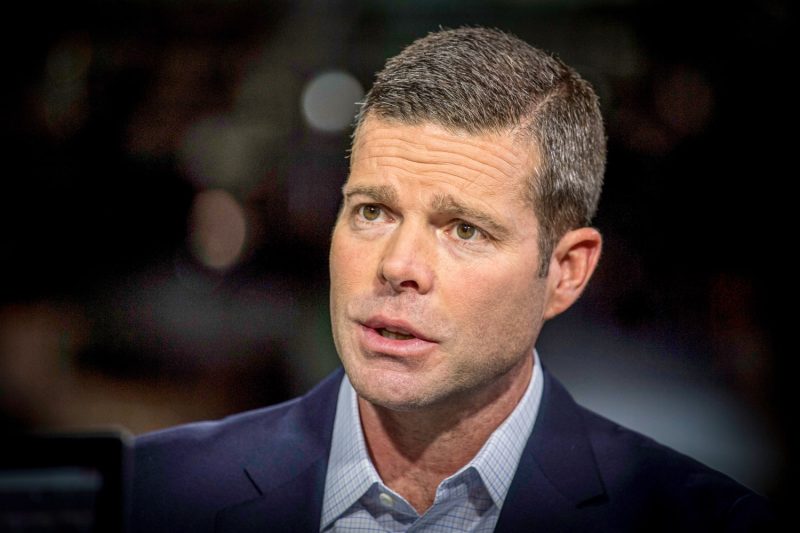In a recent statement, Walmart’s Chief Financial Officer, Brett Biggs, indicated that the retail giant may need to increase prices on some items if the proposed tariffs by the Trump administration come into effect. This development has sparked concerns among consumers and industry experts regarding the potential impact on the company’s business model and the broader retail landscape.
Walmart, known for its emphasis on offering low prices to consumers, operates on thin profit margins. The implementation of new tariffs on imported goods, particularly those from China, could disrupt its pricing strategy and force the company to pass on the additional costs to customers. While Walmart has been working to mitigate the impact of tariffs by diversifying its sourcing and negotiating with suppliers, the CFO’s statement suggests that price hikes may still be inevitable in certain product categories.
The potential increase in prices at Walmart could have ripple effects across the retail industry. As one of the largest and most influential retailers in the United States, Walmart often sets the standard for pricing in the market. If Walmart raises prices in response to tariffs, it is likely that other retailers will follow suit, leading to higher prices for consumers across the board. This could have broader implications for consumer spending habits, inflation rates, and overall economic growth.
Moreover, the timing of potential price increases at Walmart is significant, as they coincide with the ongoing trade tensions between the United States and China. The imposition of tariffs on Chinese goods has already led to increased costs for many businesses, and further escalations could exacerbate the situation. Consumers may find themselves having to pay more for everyday items, which could impact their purchasing power and overall economic well-being.
In response to the uncertainty surrounding tariffs and their potential impact on prices, consumers may need to reassess their spending habits and budget accordingly. With the possibility of price increases looming, it is advisable for consumers to compare prices, look for deals, and consider alternative sources for goods to minimize the impact on their wallets.
While Walmart’s consideration of price increases in light of tariffs is a strategic response to evolving market conditions, the implications for consumers and the retail industry as a whole are significant. How this potential shift in pricing dynamics plays out will depend on a variety of factors, including the outcome of trade negotiations, consumer behavior, and the strategies adopted by retailers to navigate an increasingly complex and uncertain business environment.
